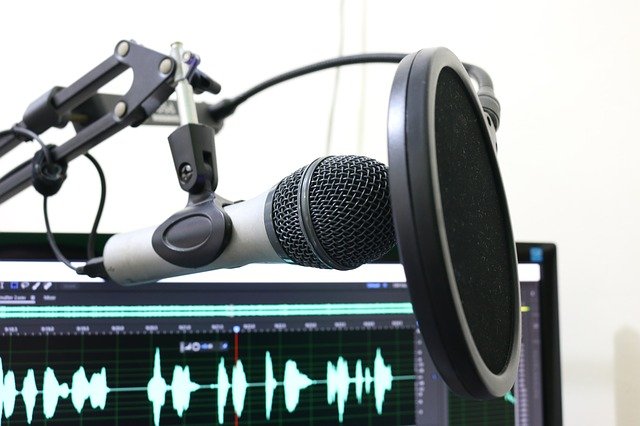Podcasts can be enormously fun, and if you do them right, they might also earn you some money. The market is extremely crowded, though, and competition is high. It pays to do a little research and plan your strategy extensively before you begin. That way, you have a better chance of cutting through the noise.
#1 Choose the right topic
It might sound simple, but too many would-be podcast hosts choose the wrong kind of topic. Rather than their specialist subject, they opt for something popular. While this seems like a good idea, it doesn’t work in the long run. Remember that you’ll need to talk in depth across multiple episodes and perhaps even multiple series. Specialists who are extremely knowledgeable will tune in, so pick a topic that you understand in detail.
#2 Pick a catchy name
This is where you should prioritize the popular. Find a name that’s both catchy and informative. Your podcast title should let listeners know exactly what they’re tuning in for, but it should also be memorable. Alliterative titles work and anything that poses a question is usually effective. Choose your name with the logo in mind, too. You’ll have to design graphics around the name, so pick carefully.
#3 Get the best microphone
Since podcasts are overwhelmingly audio-centric, it’s imperative that you use a high quality microphone. Yeti microphones are notoriously popular and can be plugged directly into your pc or laptop. Condenser microphones are useful if you want to bring out depth in your voice (perhaps for a podcast that’s serious in tone), whereas dynamic microphones have a “livelier” sound. These are better suited to more lighthearted productions.
#4 Leverage social media
As in nearly all cases, social media is your friend when it comes to marketing. No podcast, regardless of its quality, will magically find an audience of its own accord. To get ears on your podcast you’ll need to undertake a campaign that’s part marketing, part networking with other podcasters. Twitter is the obvious choice but sharing production images on Instagram gives users insight into your process and generates interest.
#5 Go live
Although your podcasts will be recorded and edited, going live from time to time can work wonders for your profile. Live broadcasts feel more personal and usually have more palpable energy. Streaming software like https://melonapp.com/solutions/streaming-software/ makes producing a live broadcast easier than ever and helps you to perfect things like audio quality. Choose a topic, announce your live broadcast on social media and then get cracking. You could even give listeners the chance to ask you questions live.
#6 Use the right editing software
Editing is just as important as the initial recording. Most computers come with free editing software, but if you plan to develop your podcast into something more professional, it’s worth investing in more advanced tools. Logic Pro and Audacity are both fantastic offerings and come with free trials to help you get to grips with them.
